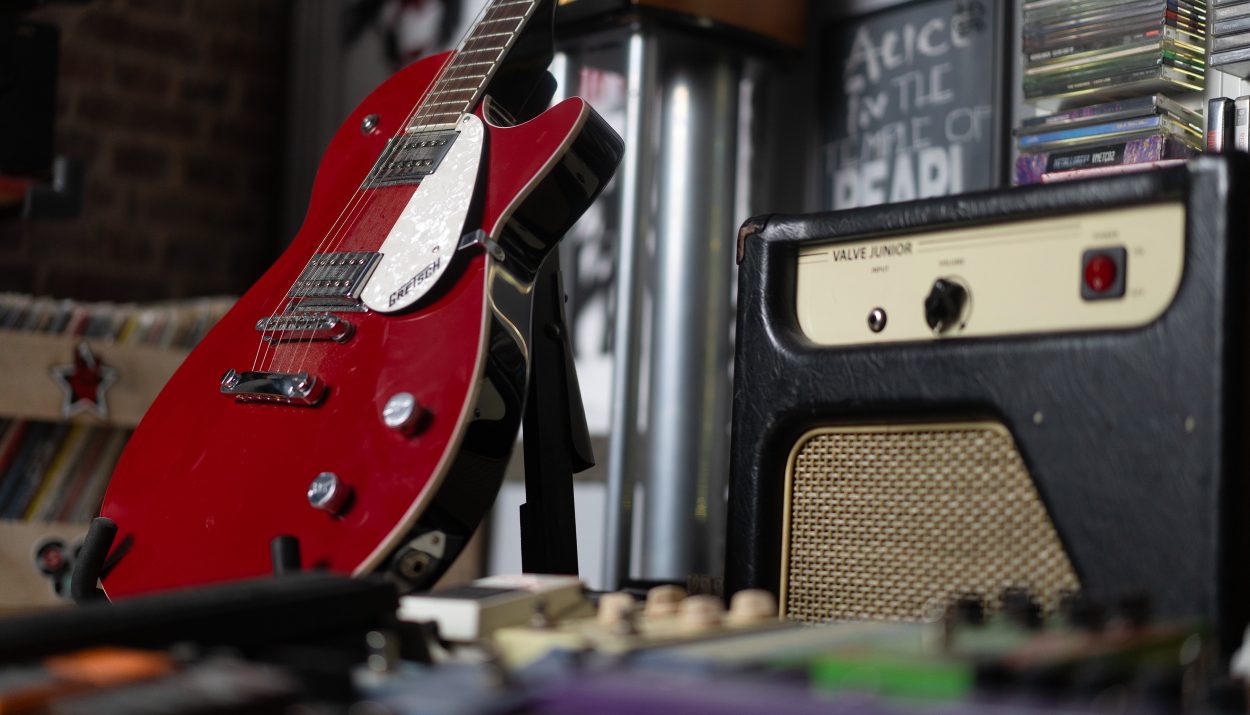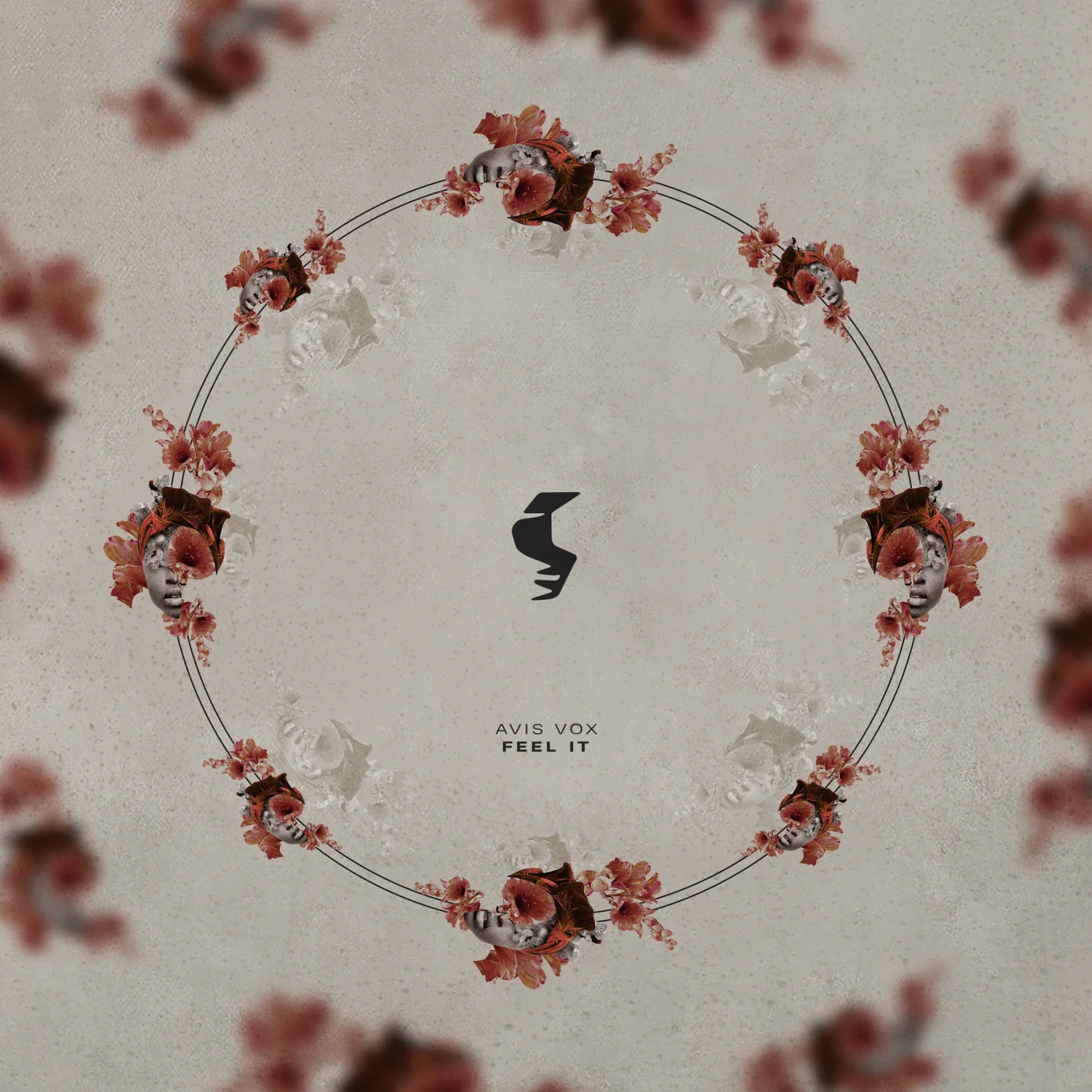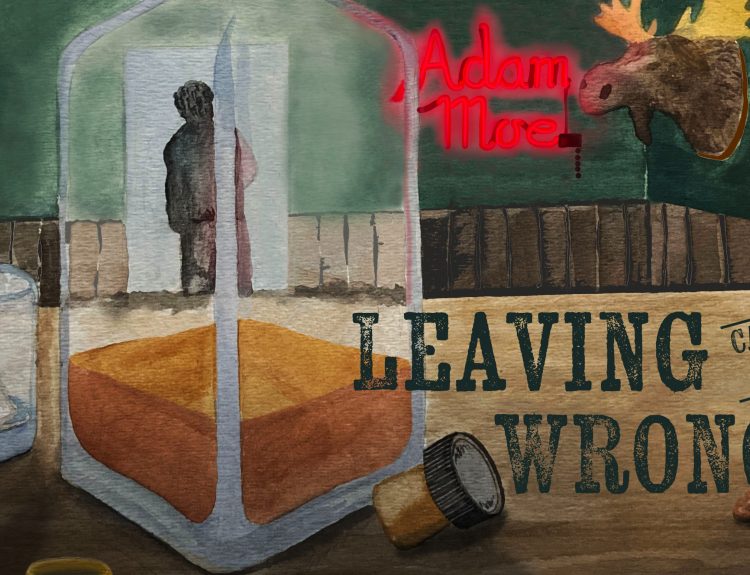Emerging from the heartlands of Kozani and Karditsa, Greece; far from the rainy streets of Seattle but channeling its spirit with visceral authenticity, Gus Seventy Seven stands as a testament to the enduring, global power of grunge rock. Formed in 2011, this band is channeled through new voices and scarred hearts.
With Socratis Valeras and Panos Pritsas trading off vocals, the duality of emotional delivery is palpable. Kostas Paraschis (guitars, bass), Chris Koutroulis (guitar), and Sakis Spiropoulos (drums) form a tightly wound sonic engine that roars and groans with the weight of lived experience. Their third full-length, “Nine Paths In One Direction,” self-released on May 10th, is a soul-spilling confessional dipped in feedback, distortion, and truth. Let’s walk each of these nine paths, one track at a time.
Opening with an echoing guitar progression that creeps in like a funeral procession, “Torn and Broken” is a dirge of despair—slow, somber, and soaked in melancholia. Socratis’s vocals are frayed at the edges, deliberate and haunting, while the rhythm section moves like a weight on your chest. The production keeps it raw: each drumbeat sounds like it’s punching through thick fog, and the guitar solo midway through drips with distortion, dragging us into the bleakness. It’s a devastating opener—and exactly what grunge should feel like.
From personal grief to societal rot, “Future of the Mankind” tears open the broader canvas. This track accelerates the tempo with a sharper edge, channeling Badmotorfinger-era Soundgarden with percussive punches and riff-driven defiance. Panos takes the mic on this one, with a harsher, angrier vocal tone that matches the apocalyptic lyrics questioning humanity’s spiral. The chorus is a sucker punch—massive, cathartic, and destined to ignite live crowds. The guitar layering here is superb, with subtle feedback weaving through the mix like chaos lurking under control.
Covering Soundgarden’s “Ty Cobb (Soundgarden Cover)” is no small feat; it’s one of the most chaotic and explosive tracks in the grunge canon. Gus Seventy Seven doesn’t just replicate it—they reimagine it. They retain the manic energy and blistering tempo, but the vocals here feel rawer, more rabid, even unhinged, matching the track’s sneering defiance. The bass is pushed forward in the mix, giving it a punkish snarl. It’s not a tribute—it’s a resurrection.
A standout moment of resilience, “Youth Never Lies” is grunge with a rebellious heartbeat. The instrumentation strikes a balance between brooding verses and surging choruses. There’s an emotional urgency in the lyrics—an ode to idealism, perhaps, or a nostalgic yearning for unfiltered truth. Socratis and Panos trade off vocals with seamless cohesion here, capturing the hope and hopelessness of youth. The guitar work is less abrasive but more melodic, reminiscent of Pearl Jam’s more introspective side. The mix gives ample space for the drums to shine—each snare hit like a challenge thrown at the world.
The darkest descent on the album. “No One Can Save Me” is harrowing in its honesty, dealing with themes of depression and helplessness with zero sugarcoating. The intro is nearly ambient, almost ghostly, until the guitars lurch in like thunderclouds. Valeras’s voice cracks, falters, then screams—it’s not about being perfect, it’s about being real. This track is the most emotionally intense on the record, and the production is fittingly stripped down, placing every breath and grunt front and center. The outro devolves into near-silence, as if giving up completely.
A surprising turn, “Old Days” is filled with longing but has a warmer, nostalgic texture. It’s still firmly grunge, but with more open chords and cleaner leads. The band pulls back the aggression and leans into dynamics, showing their ability to wield subtlety without losing emotional power. The chorus feels almost anthemic, like a page from early Foo Fighters. It’s the eye of the storm in the album—bittersweet and beautiful.
The anger returns in full force. “Judas” deals in betrayal and moral collapse, both personal and political. The main riff slashes like a blade, with snarling guitar tones and heavy palm-muted chugs driving the verses. Pritsas’s vocals are venomous here—his delivery pushes into post-grunge territory, teetering between singing and growling. The production is more layered on this one, with background vocals adding intensity and tension. You can feel the band letting loose here, unshackled.
Another bold cover choice, and another success. “Again” is a heavy, hypnotic track by Alice In Chains, and Gus Seventy Seven nails the murky despair of the original. The dual vocals emulate the Staley-Cantrell dynamic with chilling accuracy, but bring in a rougher, rawer grit. The guitars are thick and down-tuned, staying true to the sludge tone of mid-90s Alice. It’s faithful, but with enough dirt under its nails to feel like their own.
Closing the album is its emotional exorcism. “Soulful Cries” opening with guitar arpeggios swell into a towering wall of sound. This is the band’s swan song to the themes explored—loss, addiction, self-realization. Lyrically poetic and vocally tortured, it’s a stunning closer. Paraschis’s guitar is weeping by the end; his solo isn’t about speed or complexity, but feel. The production feels live, organic, like the room itself is sobbing along.
Nine Paths In One Direction is a labor of love, but more importantly, it’s a labor of truth. Gus Seventy Seven doesn’t chase trends or radio hooks—they chase catharsis. This album is steeped in the DNA of grunge, but it’s also shaped by the band’s Greek roots, their personal scars, and their unyielding desire to speak out, scream loud, and stay real. Self-released and self-realized, this is music made for the sake of survival—and that’s what makes it not just good, but necessary.
Listen to “Nine Paths In One Direction” on Bandcamp
Subscribe to their YouTube






